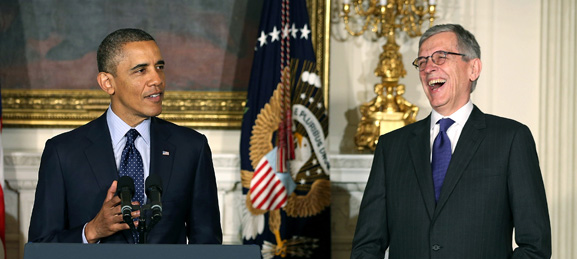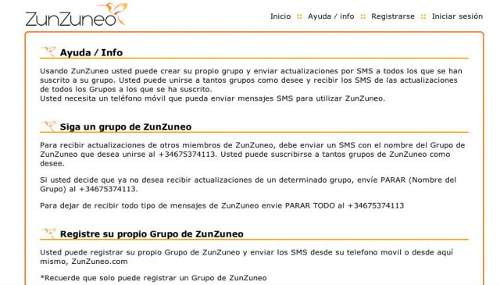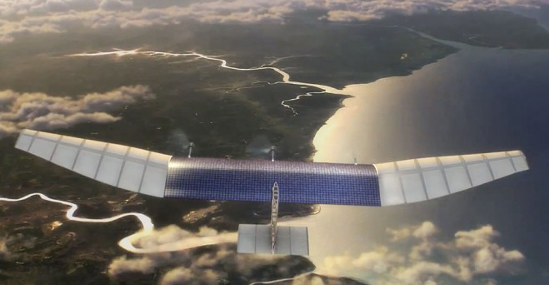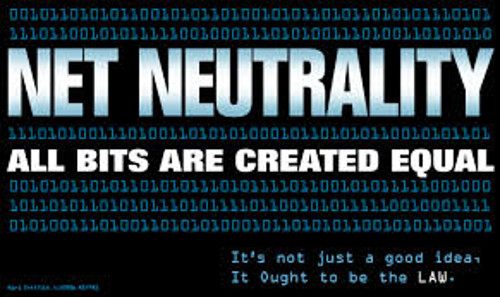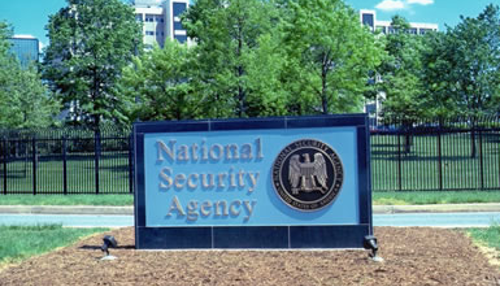As the FCC hurtles towards what seems like an approval this coming Thursday of new proposed rules that would, effectively, allow establishment of a second high-speed, higher-cost Internet, we’ve caught a glimpse of an interesting and infrequently noted split in the circles of power.
It’s a minor scuffle but, if it continues, it could open up debates that would involve genuine free-Internet forces and that would quickly put the need to protect the Internet on the national agenda.
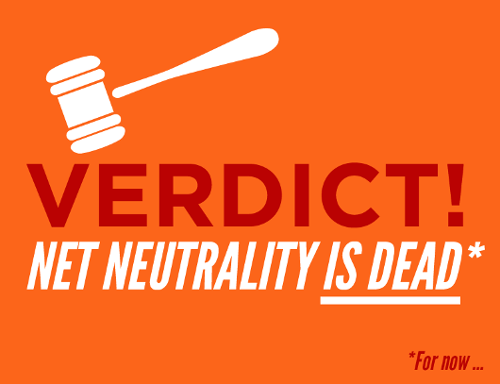 Free Press's Take on the Net Neutrality Debate
Free Press's Take on the Net Neutrality Debate
More than a hundred companies, led by giants like Google and Amazon, have written a letter asking the FCC to put the breaks on its new proposal package, revealed last month by FCC Chairman (and former industry lobbyist) Tom Wheeler (a former cable industry lobbyist) that would effectively allow access providers (the people who supply your connection — like Comcast) to establish fast lane Internet service for some content providers (people with websites) and charge them for it.
The package, once approved by the FCC, doesn’t become law automatically. It would go to “public review” for a year or so before the Commission takes final action. That review process seldom ends in any but the most cosmetic changes but the recent outcry about the rules draws the kind of publicity that could morph into a public debate. That could get very messy for the FCC and for the big corporations.
The proposal itself, as TCBH reported, is an atrocity: a cynical, destructive maiming of the structure and purpose of the Internet which was, after all, invented to allow democratic and equal communications. The FCC’s fast lane proposal rips that to shreds and a coalition of progressive and free Internet organizations has been organizing a relentless campaign against it. They are calling for a rally outside FCC headquarters Thursday to demand that the Commission not pass the new rules.
The companies — Amazon, eBay, Facebook, Google, Microsoft, Netflix, Twitter, and Yahoo and over a hundred others — are mouthing rhetoric that sounds like the free Internet movement’s slogans but their motivation is very different. This is about the capitalist common denominator: money. Simply put, Comcast wants people like Google to pay it for faster service and people like Google don’t want to pay…not just yet anyway.

